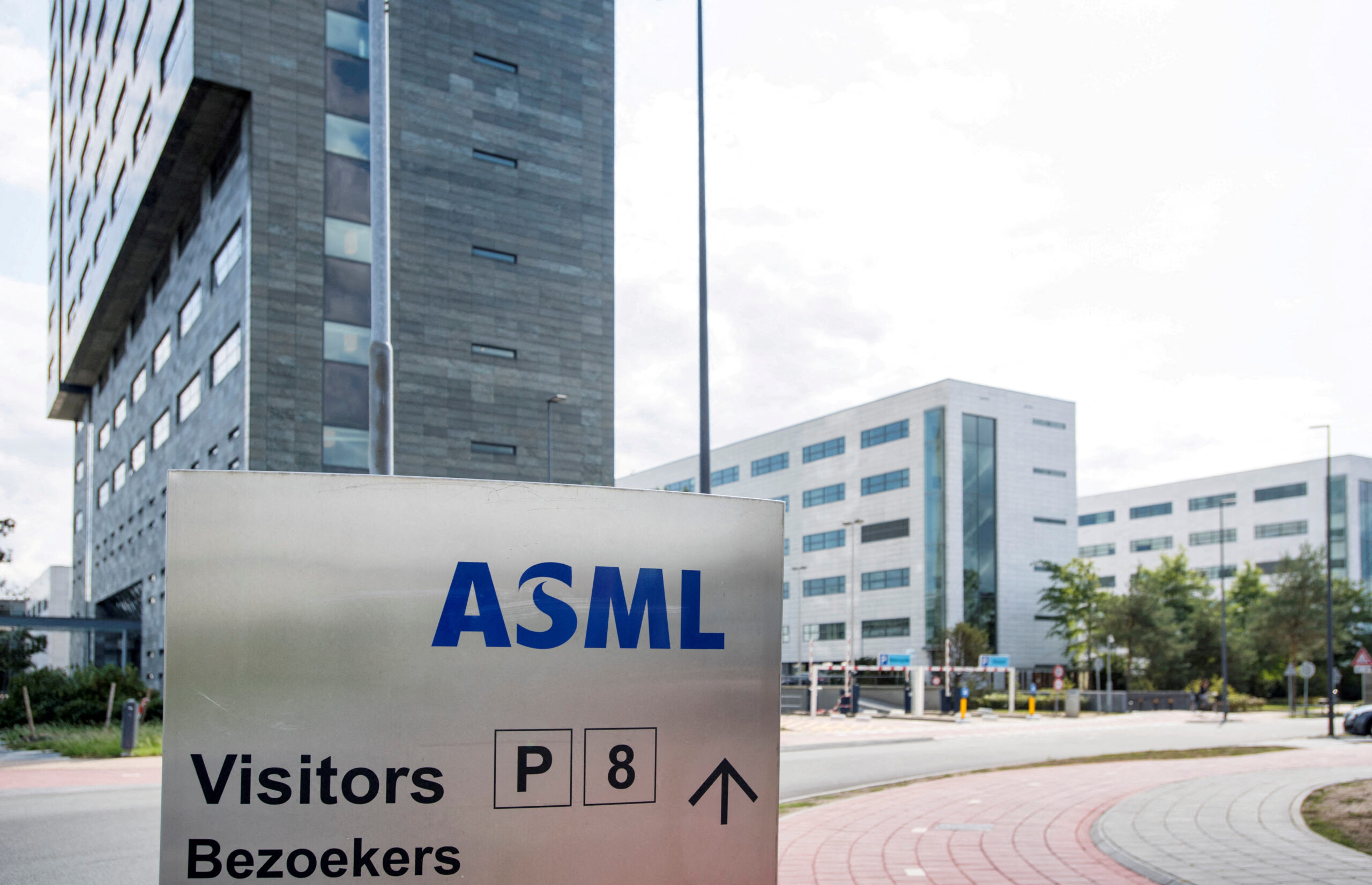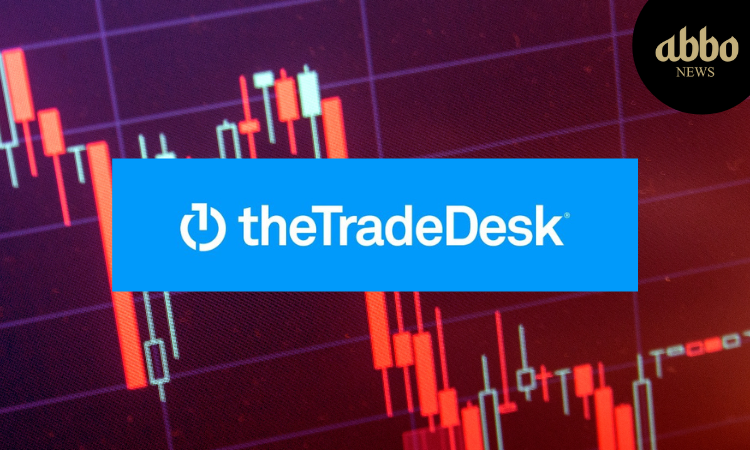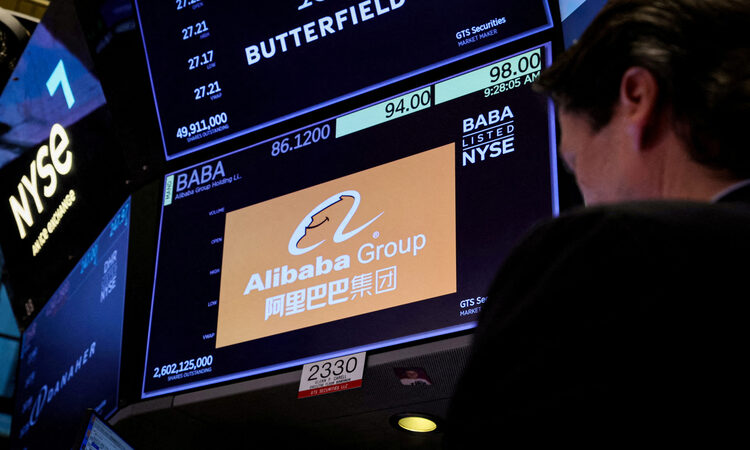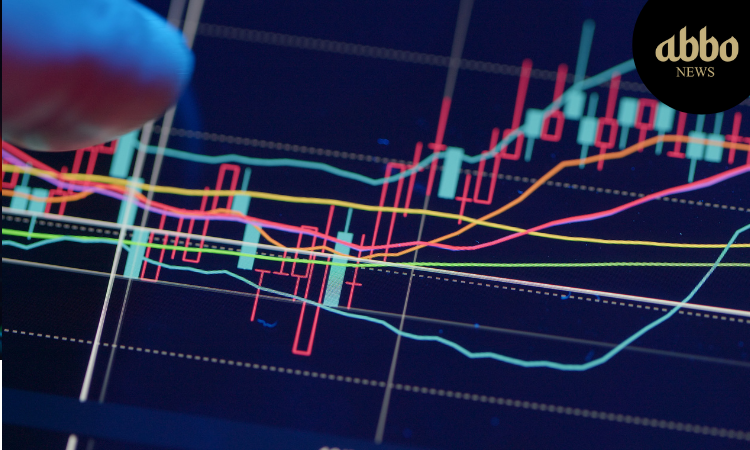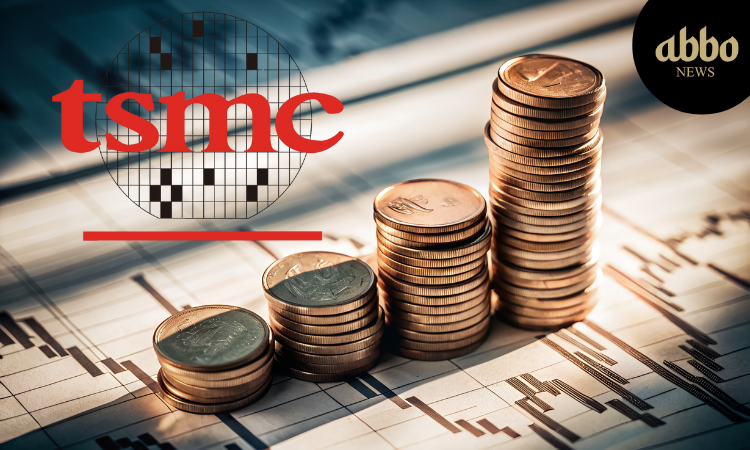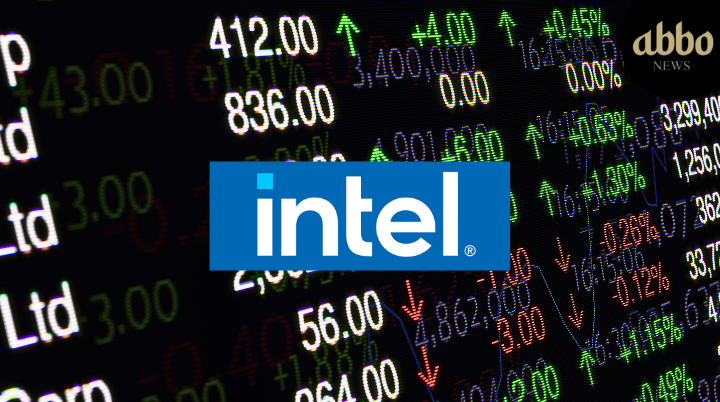AMSTERDAM – ASML Holding (NASDAQ: ASML), the computer chip equipment maker, said it does not expect new U.S. restrictions on semiconductor exports to China, announced on Monday, to affect its most recent financial guidance.
Separately, the Dutch government said it shares U.S. security concerns on the export of advanced semiconductor making tools, and it is studying the latest U.S. rules.
In a statement, ASML repeated November 14 guidance that it sees group sales at 30-35 billion euros ($31.5-36.7 billion) in 2025, with approximately 20% of sales in China – down from around 50% this year.
It said the latest U.S. restrictions would affect ASML’s export of deep ultra violet lithography systems to some chip-making plants in China, if enforced by the Dutch government.
The new U.S. rules are Washington’s third crackdown in three years on China’s semiconductor industry, tightening regulations on equipment makers and curbing exports to 140 Chinese companies, including additional subsidiaries of China’s biggest bespoke chipmaker SMIC.
“The Netherlands shares American concerns over uncontrolled export of advanced semiconductor equipment,” the Dutch foreign ministry said in a statement.
“Every country makes its own assessment and takes measures on the basis of its own analysis of threats to national security.”
The latest U.S. rules include tighter restrictions on software and metrology, or measuring, equipment that are relevant for ASML.
“Long term, our scenarios for demand in the semiconductor industry are not expected to be impacted by the new regulations, as (our) scenarios are based on the global demand,” ASML said in a statement.
ASML (NASDAQ: ASML) shares were trading 3.84% higher at $712.58 in the afternoon.
The new U.S. rules include restrictions on ‘computational lithography’ – software used to optimize the effectiveness of lithography machines such as those made by ASML and Japanese competitors Nikon and Canon, which use beams of light to help create circuitry.
ASML (NASDAQ: ASML), the biggest lithography machine maker, says on its website that its computational lithography is also “industry leading” and helps improve chip yield and quality.
($1 = 0.9534 euros)
